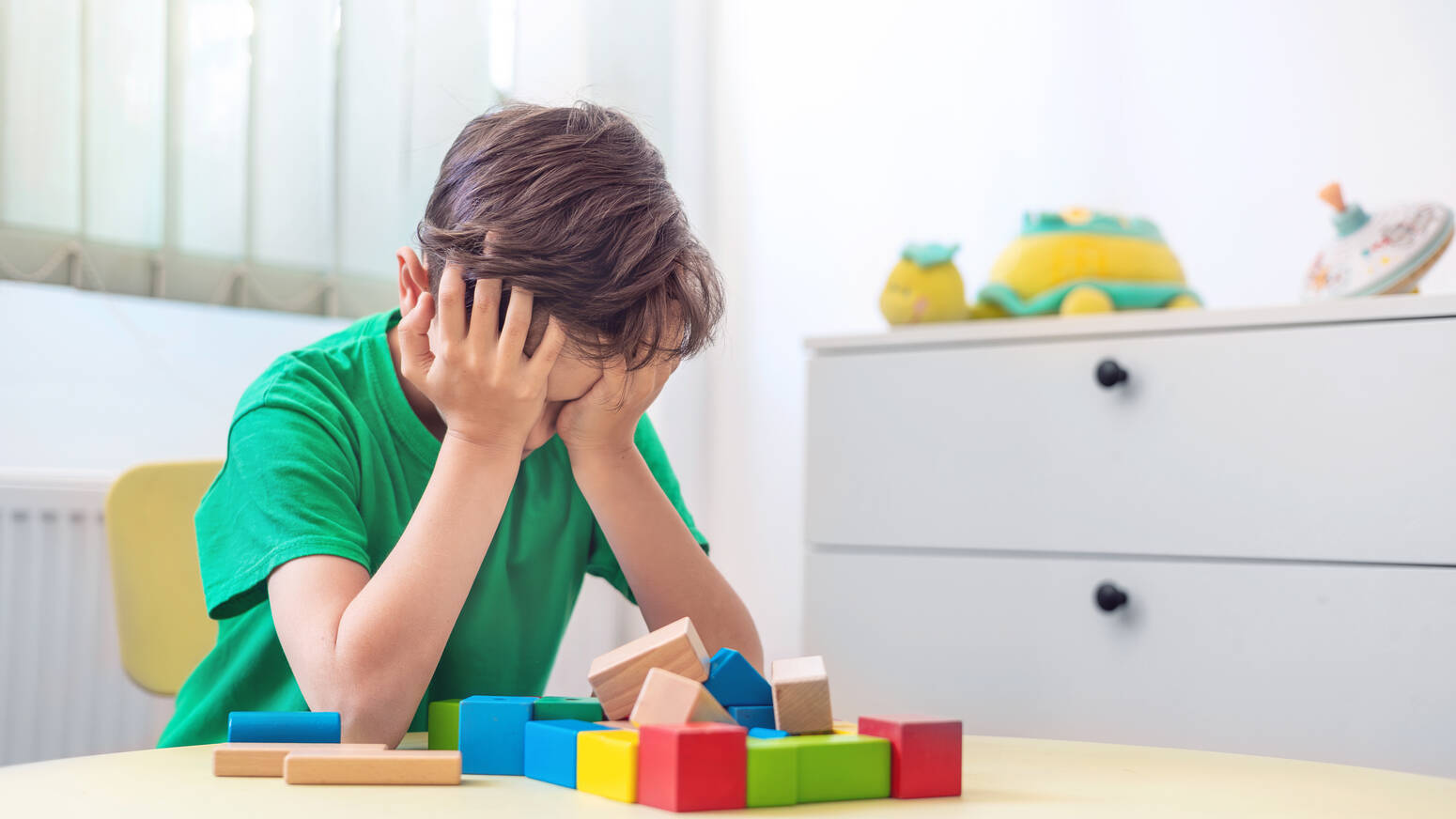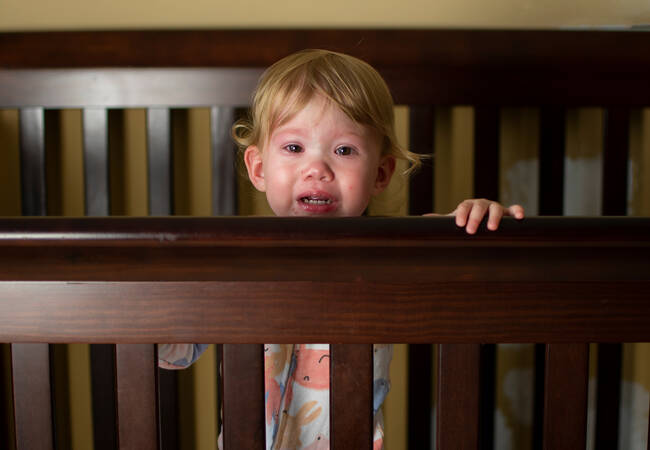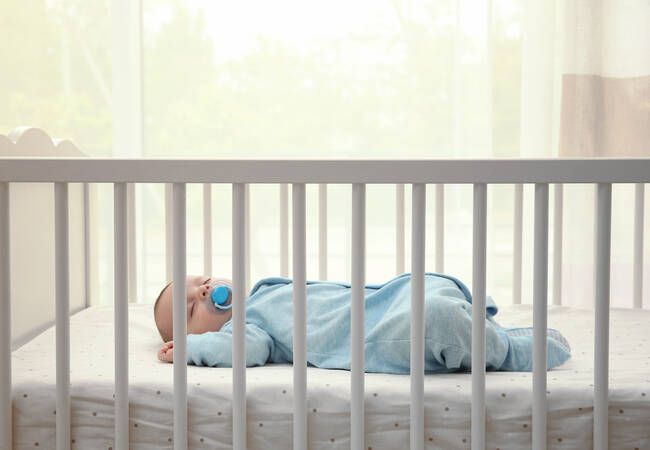- Physical activity supports emotional regulation: Exercise helps children develop emotional regulation skills, improving motivation, social skills, confidence, and a positive attitude toward school.
- Family involvement: Doing physical activities together as a family strengthens emotional bonds and models healthy behaviors.
- Whole-body activities: Activities like yoga and games such as red light, green light require children to control their bodies and emotions, fostering self-regulation.
- Learning through competition: Games or races that include winning or losing provide opportunities for children to experience and manage emotions related to success and failure.
- Broad benefits: Physical movement increases brain chemicals that promote happiness and reduce stress, enhances sleep quality, supports social connection, and builds resilience.
What is Emotional Regulation?
A change in environment for children can cause a change in emotions and behaviors. When they learn to regulate, it can help with these emotions.

Samantha Ingerick, DNP, MSN, APRN, Pediatrics


